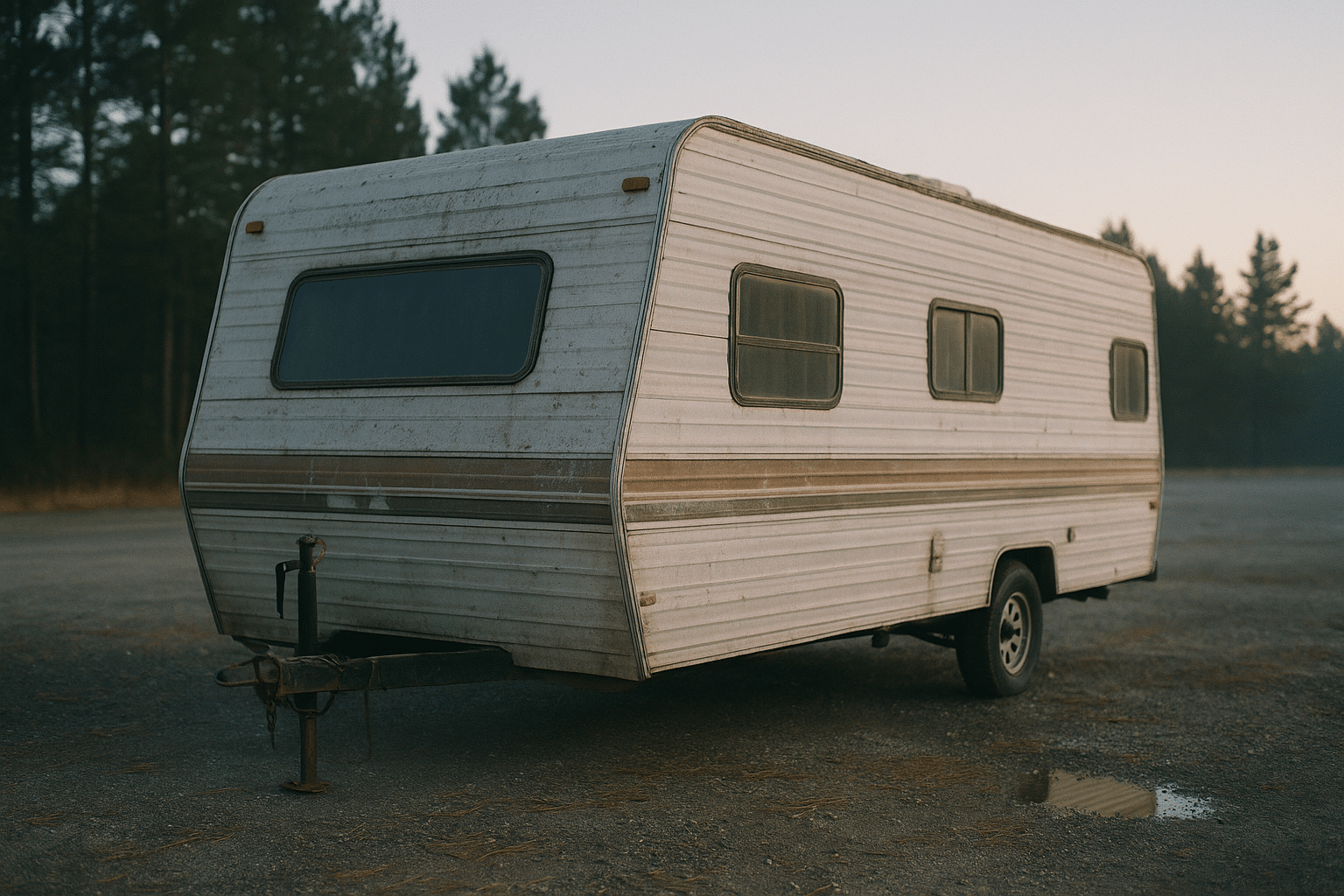
Living on the Road: A Comprehensive Guide to Motorhome Freedom
Planning Your Budget and Choosing the Right RV Setup
Embarking on a journey of motorhome living requires careful planning, particularly when it comes to budget and choosing the right RV setup. The initial step involves assessing your financial capacity and determining how much you are willing to invest in your mobile home. Costs can vary significantly based on the type of RV, ranging from compact camper vans to luxurious motorhomes. While the allure of a high-end motorhome is tempting, it’s crucial to align your choice with your financial reality.
Consider the ongoing expenses as well. Fuel, maintenance, insurance, and campground fees can add up quickly. To manage these costs, create a detailed budget that covers both fixed and variable expenses. This helps in avoiding financial surprises down the road. Many seasoned travelers recommend setting aside a contingency fund for unexpected repairs or emergencies.
When choosing an RV, factor in your lifestyle needs. Are you planning to travel solo, with a partner, or as a family? The size and layout of the RV should accommodate your daily activities comfortably. Some travel enthusiasts prefer smaller, more compact setups for ease of maneuverability and lower fuel consumption, while others prioritize space and amenities.
Ultimately, the right RV is one that fits your budget, lifestyle, and travel ambitions. By planning carefully and considering all aspects of RV living, you can set the stage for a successful and enjoyable journey on the open road.
Power, Water, and Waste — Staying Self-Sufficient on the Road
One of the key aspects of motorhome living is maintaining self-sufficiency, particularly in terms of power, water, and waste management. These elements are essential to ensure a comfortable and sustainable lifestyle while traveling.
For power, many RVs come equipped with solar panels, generators, or both. Solar panels are a popular choice as they provide a renewable source of energy, reducing reliance on traditional power sources. However, it’s important to assess your energy needs and ensure your setup can meet them, especially if you plan to stay off-grid for extended periods.
Water management is equally critical. Most RVs have fresh water tanks and a system for gray and black water disposal. Efficient use of water is crucial, especially when camping in remote areas. Consider investing in a water filtration system to ensure a clean supply and reduce dependency on bottled water. Regularly monitor your water levels and plan your routes to include stops where you can refill and empty tanks as needed.
Waste management involves responsibly handling gray and black water. Many campgrounds offer dump stations, but when boondocking, planning is essential to avoid environmental impact. Adopting practices like using biodegradable products and minimizing waste can further enhance your self-sufficiency on the road.
Overall, being self-sufficient in power, water, and waste management is vital for a smooth and enjoyable motorhome experience. By investing in the right equipment and planning efficiently, you can maintain comfort and independence wherever your travels take you.
Safety, Routine, and Finding Community Wherever You Travel
Safety is a paramount concern for anyone living on the road. Ensuring your RV is equipped with essential safety features like fire extinguishers, smoke detectors, and carbon monoxide detectors is crucial. Regular maintenance checks can prevent breakdowns and extend the life of your vehicle. It’s wise to familiarize yourself with basic mechanical skills, such as changing a tire, to handle minor issues independently.
Establishing a routine is another important aspect of motorhome living. Although the lifestyle is inherently flexible, having a routine helps maintain a sense of normalcy and can improve your overall well-being. This might include setting regular times for meals, exercise, and relaxation. A routine can also help manage the logistics of life on the road, such as planning routes, booking campgrounds, and managing supplies.
Finding community is one of the joys of motorhome living. Many travelers find camaraderie at campgrounds, RV parks, and through online forums and social media groups. These communities offer support, friendship, and a wealth of shared knowledge. Engaging with others can make the journey more enriching and provide valuable insights into the lifestyle.
In conclusion, prioritizing safety, establishing a routine, and connecting with community are essential components of a fulfilling motorhome lifestyle. By focusing on these areas, you can enhance your experience and create lasting memories on the road.
Exploring Destinations and Embracing Flexibility
One of the most exciting aspects of motorhome living is the opportunity to explore diverse destinations at your own pace. Unlike traditional travel, where itineraries are often fixed, motorhome living offers the flexibility to change plans spontaneously. This freedom allows travelers to follow their interests, discover hidden gems, and immerse themselves in local cultures.
When planning destinations, consider a mix of popular tourist spots and off-the-beaten-path locations. National parks, coastal drives, and mountain retreats are perennial favorites among RV travelers. However, lesser-known areas can offer equally rewarding experiences and often with fewer crowds.
Embracing flexibility means being open to change. Weather, road conditions, and personal preferences can all influence your plans. Having a flexible mindset can turn unexpected detours into memorable adventures. It’s also beneficial to have a list of potential destinations and activities to choose from, allowing you to adapt your travels based on current circumstances.
Moreover, engaging with locals can provide unique insights into the areas you visit. Whether it’s attending a local festival, dining at a family-owned restaurant, or simply conversing with residents, these interactions enrich your travel experience and foster a deeper connection with the places you explore.
In essence, the freedom to explore and adapt is a hallmark of motorhome living. By balancing planned destinations with spontaneous adventures, you can make the most of your journey and enjoy the endless possibilities the open road has to offer.
Maintaining Health and Well-being on the Road
Maintaining health and well-being is a crucial aspect of life on the road. Living in a motorhome requires adapting your lifestyle to ensure physical and mental wellness is prioritized. Regular exercise is important, and many travelers incorporate activities like hiking, cycling, or yoga into their routines. These activities not only promote fitness but also allow you to enjoy the natural beauty of your surroundings.
Nutrition is another key component of well-being. Access to fresh produce can be limited, especially in remote areas, so planning meals and stocking up on healthy staples is essential. Many RVs come equipped with kitchens, enabling you to prepare balanced meals. Consider utilizing local farmers’ markets for fresh ingredients when available.
Mental well-being is equally important. The solitude of the road can be peaceful, but it can also lead to feelings of isolation. Staying connected with family and friends through regular calls or video chats helps maintain social ties. Additionally, taking time for relaxation and mindfulness practices, such as meditation or journaling, can enhance mental clarity and reduce stress.
In summary, prioritizing health and well-being while living on the road involves a balanced approach to physical fitness, nutrition, and mental health. By consciously integrating these elements into your lifestyle, you can enjoy a fulfilling and vibrant motorhome living experience.


